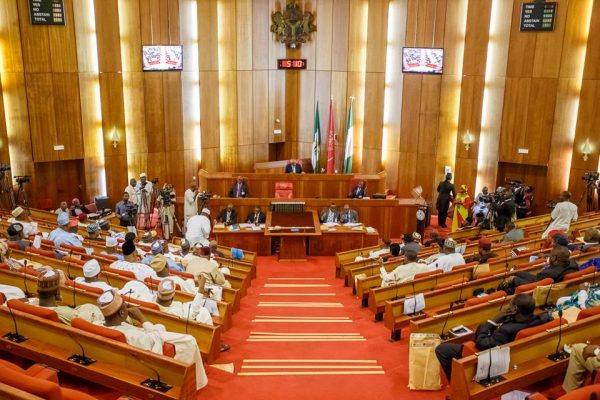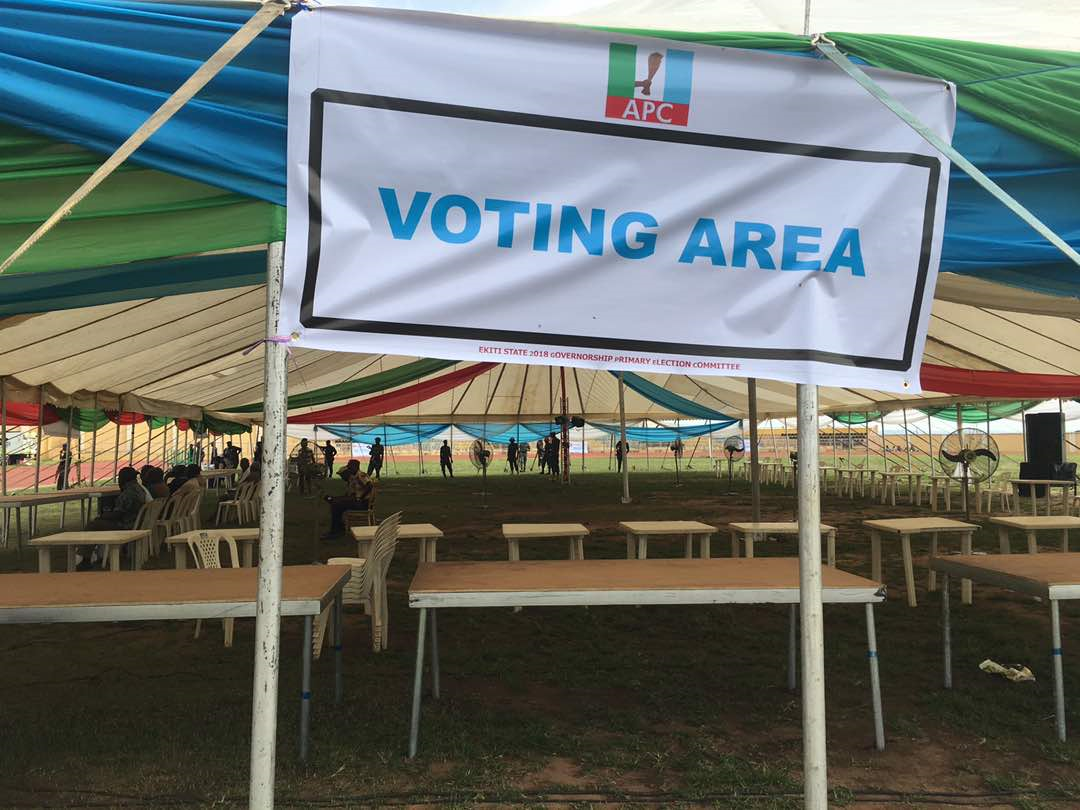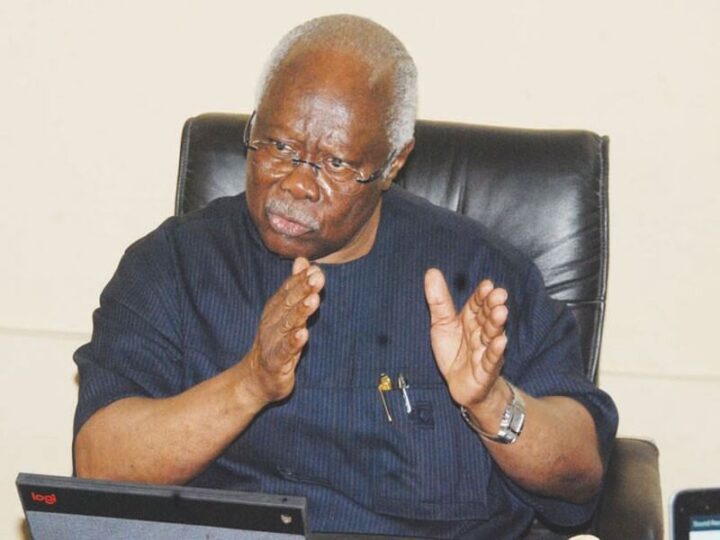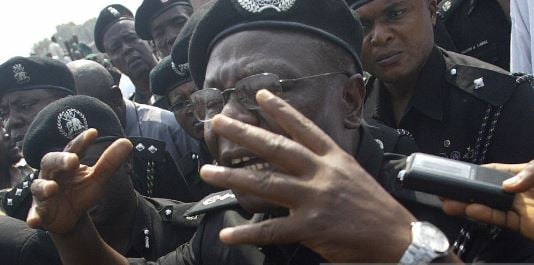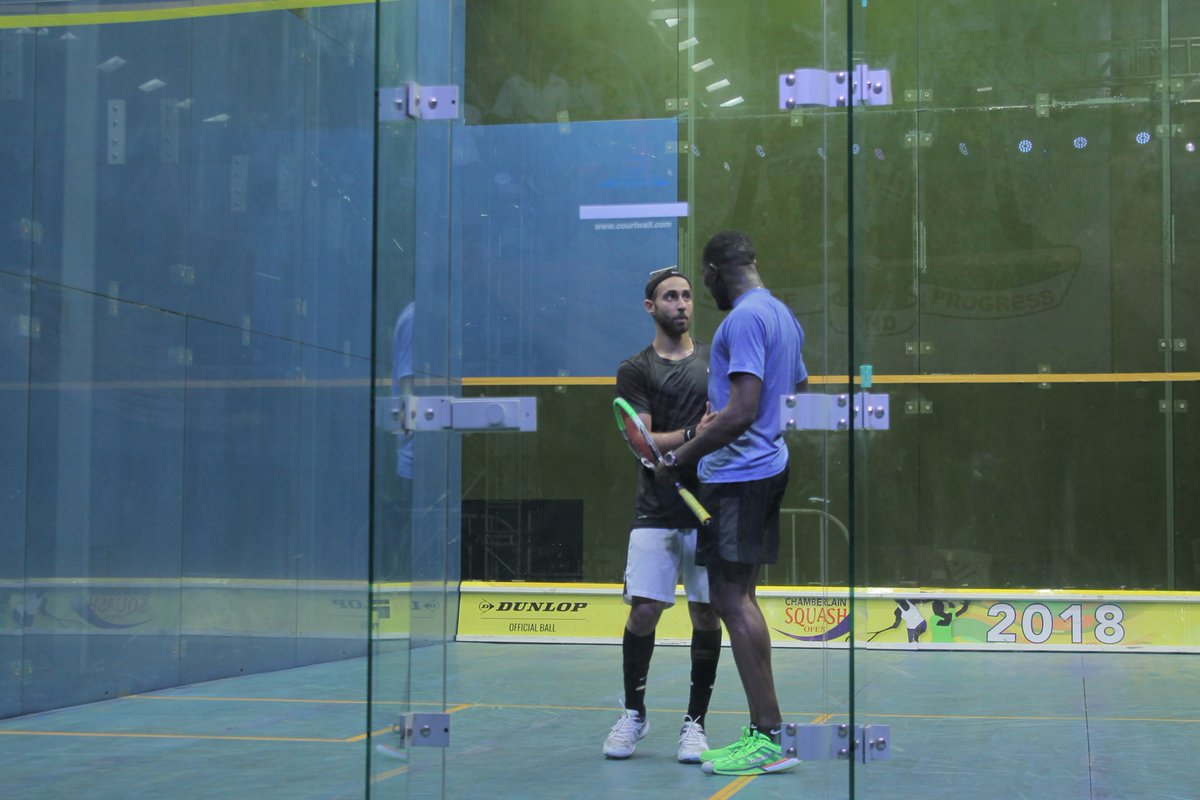The National Judicial Council (NJC) has recommended the compulsory retirement of Micheal Goji, a judge of a high court in Adamawa state, for “refusing” to proceed on transfer.
The judge is said to have failed to report to the Mubi since July 2017.
Soji Oye, spokesman of the NJC, said Goji’s compulsory retirement was recommended to Bindo Umaru Jibrilla, Adamawa governor.
The recommendation, he said, was sequel to the advice of the state’s judicial service commission to NJC.
Advertisement
“The National Judicial Council under the chairmanship of the Honourable Mr. Justice Walter Samuel Nkanu Onnoghen (GCON) at its 86th Meeting which was held on the 8th and 9th May, 2018, recommended the compulsory retirement of Hon. Mr. Justice Michael Goji of the high court of Adamawa state for refusing to proceed on transfer to the Mubi judicial division of the state high court since July, 2017,” the statement read.
“The Adamawa state Judicial State Commission had conducted an investigation on the conduct of Hon. Mr. Justice Goji, following the directive of the Chief Justice of Nigeria, after receiving the complaint of his misconduct from the Adamawa state chief judge.
“Aside from the recommendation for compulsory retirement, Council also directed that he should refund all salaries received by him from July, 2017 till date, failing which the Adamawa state government is to deduct the amount from any entitlement due to him and remit same to the National Judicial Council which pays salaries of all judicial officers in the federation.
Advertisement
“In the interim, the Council in exercise of its disciplinary powers under the constitution of the federal republic of Nigeria, 1999, as amended, has suspended Hon. Mr. Justice Goji from office pending his removal from office.”
Oye said the council dismissed petitions against Paul Adamu Galinje, justice of the supreme court; Aminu Sabo Ringim, chief judge of Jigawa state; and Peter Umeadi, chief judge of Enugu state.
“The petition against Hon. Mr. Justice Paul Adamu Galinje of the supreme court was dismissed sequel to its withdrawal by Hon. Yaro Abarshi and Hon. John Yobi Yarafa and others, who alleged that he interfered in a chieftaincy matter in Taraba state,” he said.
“The petition against Hon. Mr. Justice Aminu Sabo Ringim was also dismissed because the petitioner, Dr Jamil Gwamna who wrote to Babatunde Raji Fashola, SAN, minister of power and works who in turn forwarded same to the National Judicial Council, withdrew the petition.
Advertisement
“The allegation was that the Hon. Judge ordered the arrest, assault, and detention of staff of Kano Electricity Distribution Company (KEDCO) when they disconnected the electricity at the state high court and the judge’s house for non-payment of bills. The committee that investigated the matter found that the petitioner could not show or prove that Hon. Mr. Justice Ringim instructed or directed the arrest of KEDCO’s staff.
“Council did not find any reason to further investigate Hon. Mr. Justices Paul Galinje and Aminu Ringim after the withdrawals.”
The spokesman said seven panels have been set up to look into petitions of 25 judges.
He said: “Petitions against various Judges were dismissed for, lack of establishment of misconduct, being subjudice or that such petitions were matters for appeal. The dismissed petitions were against Hon. Mr. Justices A. I. Chikere and J. T Tsoho, Emeka Nwite and Nnamdi Dimgba of the Federal High Court, Hon. Mr. Justice Adetokunbo Banjoko of FCT high court, Hon. Mr. Justice Taminu Zailani, chief Judge, Kaduna, Hon. Mr. Justice M. A. Adeigbe, high court, Osun state (who had already retired from the Bench), and Hon. Mr. Justice E. N. Ogbuiji, high court, Rivers state.
Advertisement
“Council at the meeting also recommended 21 judges for appointment as chief judges, grand kadi, high court judges, Sharia court kadis, president, customary court of appeal, and one member, Code of Conduct Tribunal.
“Council also received the report of the performance evaluation committee of judicial officers of superior courts of record in the federation on 16 judges invited by the committee to explain their low performance in the last two to four quarters in the year 2017.”
Advertisement
Add a comment


